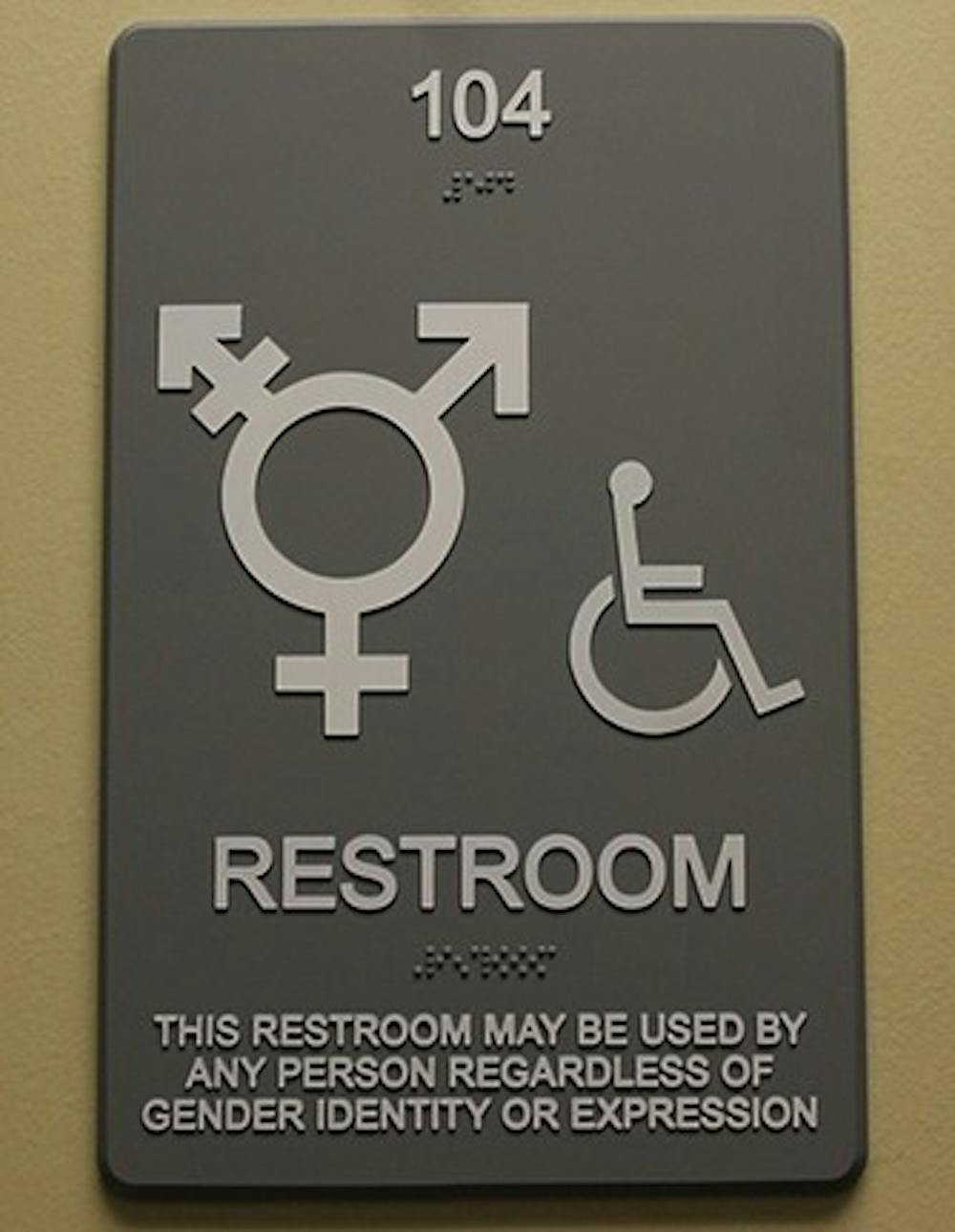Gov. Roy Cooper's recent executive order allows some transgender people in North Carolina to use bathrooms according to their gender identity.
Executive Order No. 24, issued Oct. 18, only applies to people under the authority of the state's executive branch, including those contracted by it. The order also mandated that executive branch agencies may not discriminate on the basis of individual identities.
This is the first change in policy regarding gender identity and bathroom usage in the state since Cooper signed House Bill 142 in March. The bill prohibited any public institution or municipality from regulating access to restrooms. House Bill 142 expires on Dec. 1, 2020.
Maxine Eichner, a UNC School of Law professor, said House Bill 142 may only be repealed by the state legislature or a state or federal court.
Ben Graumann, spokesperson for Equality NC, said he would like to see full non-discriminatory policies put in place to protect LGBTQ+ individuals in the state.
“It might represent some narrow improvements for LGBTQ+ North Carolinians,” he said. “By no means does it actually offer full protections or rectify any of the harms that were caused by HB2.”
The order does not require private organizations to abide by these anti-discriminatory protections. State facilities not under the supervision of the governor, including the UNC-system, are not affected either.
Mike Meno, spokesperson for the American Civil Liberties Union of North Carolina, said that the executive order does not provide comprehensive protections across the state.
"If you look at where it applies, it’s in agencies that the governor has direct authority over, but towns across the state should have the ability to pass their own non-discrimination policies,” he said.




